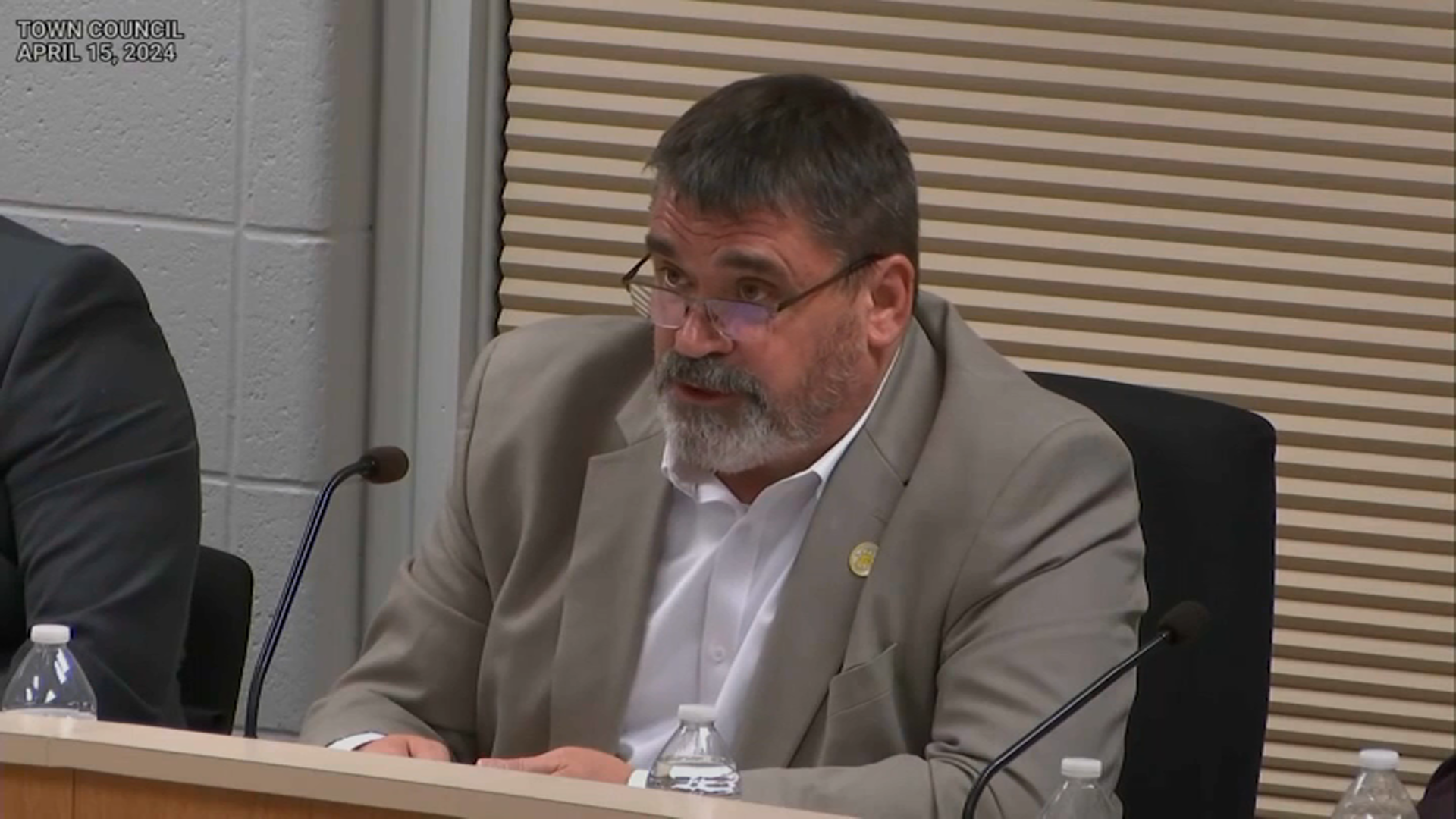Two convicted carjackers will get a new trial after an appeals court determined a juror who sat on their first trial should have been removed for racial bias.
A New Jersey appeals court reversed the 2012 convictions of Rashon Brown and Malik Smith. They were charged with carjacking a vehicle from a woman in Hillside, Union County, in 2008. Both men were convicted of multiple counts and were sentenced to more than 20 years in prison.
Brown and Smith, who are black, argued for a mistrial because a white juror told others on the panel that she felt threatened because she saw two black men in her neighborhood during jury deliberations and felt they might be connected to the trial.
The appeals court ruling, published Monday, said the juror exhibited a "deeply-rooted, latent racial bias" that required her removal from the jury. The three-judge panel also faulted the trial judge for not adequately questioning the two jurors she told about her fears.
Police officers testified they found the car in Newark soon after the carjacking and boxed it in, when the driver, allegedly Brown, and a passenger fled.
On the second day of jury deliberations, the juror told the judge in chambers that as she was getting in her car to go to court, she saw two black men she hadn't seen before and said she was concerned they might be stalking her because of the case.
"I wasn't concerned about it when I first went on the case, but I was wondering if they would stalk you if they're found guilty, whatever, you know, if they would go after any of the jurors," she said, according to court documents.
Local
Another juror told the judge that the neighborhood is largely white and black people are rarely seen there.
Both defendants' attorneys moved for a mistrial but the judge denied their request, saying the first juror's comments weren't an expression of racism.
The appeals court called the judge's handling of the matter "utterly irreconcilable with one of the core principles of this State's judiciary, the delivery of equal justice under law to all of our citizens."



